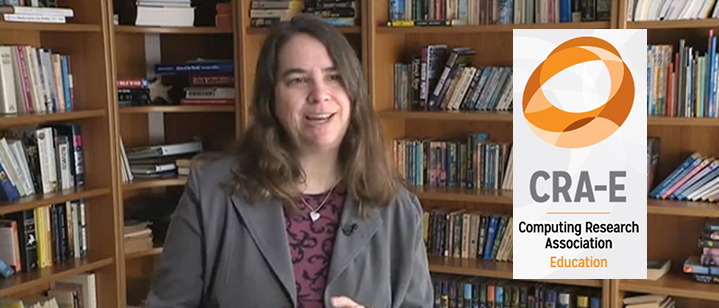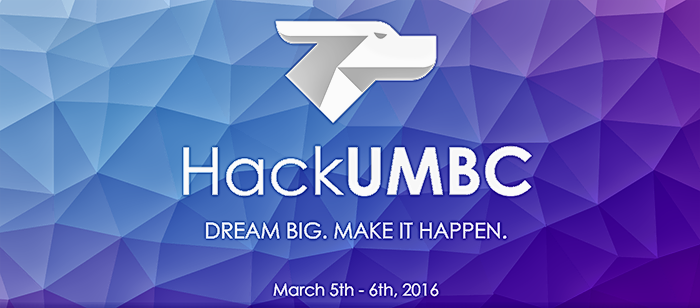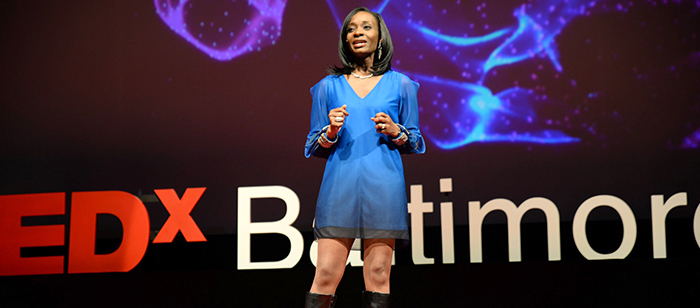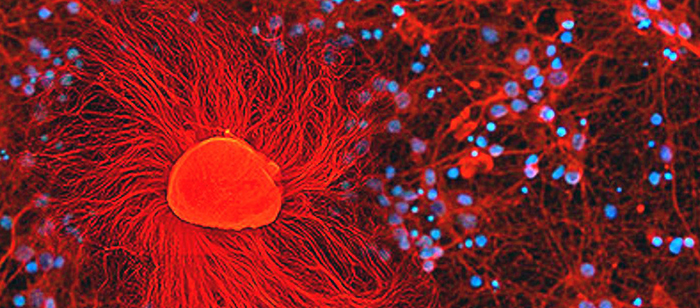
Why applications are still draining our batteries, and how we can help
Aaron Schulman, Stanford University
12:00pm Tuesday, 01 March 2016, ITE325b
Application developers lack tools to profile and compare the energy consumption of different software designs. This energy-optimization task is challenging because of unpredictable interactions between the application and increasingly complex power management logic. Yet, having accurate power information would allow application developers to both avoid inefficient designs and discover opportunities for new optimizations.
In this talk, I will show that it is possible to accurately measure system-level power and attribute it to application activities. I will present BattOr, a portable, easy-to-use power monitor that provides developers with a profile of the energy consumption of their designs—without modifications to hardware or software. I will show how Google developers are using BattOr to improve Chrome’s energy efficiency. I will also show how fine-grained understanding of cellular power at different signal strengths enables novel energy optimizations. Finally, I will describe my future plans to attribute system-level power to individual hardware components and to investigate opportunities presented by instrumenting every server in a data center with fine-grained power monitoring.
Aaron Schulman is a Postdoctoral Scholar at Stanford working with Sachin Katti; he earned his Ph.D. in Computer Science from the University of Maryland, where he was advised by Neil Spring. His research interests are in low-power embedded systems, wireless communication, and network measurement. Aaron’s research on the BattOr power monitor has been funded by Google, is being commercialized by his startup Mellow Research, and is becoming Google’s de facto standard tool for measuring the energy consumption of the Chrome web browser. For his dissertation, Aaron provided the first observations of fundamental factors that limit the reliability of the Internet’s critical last-mile infrastructure. His dissertation was selected to receive the the 2013 ACM SIGCOMM Doctoral Dissertation Award.








